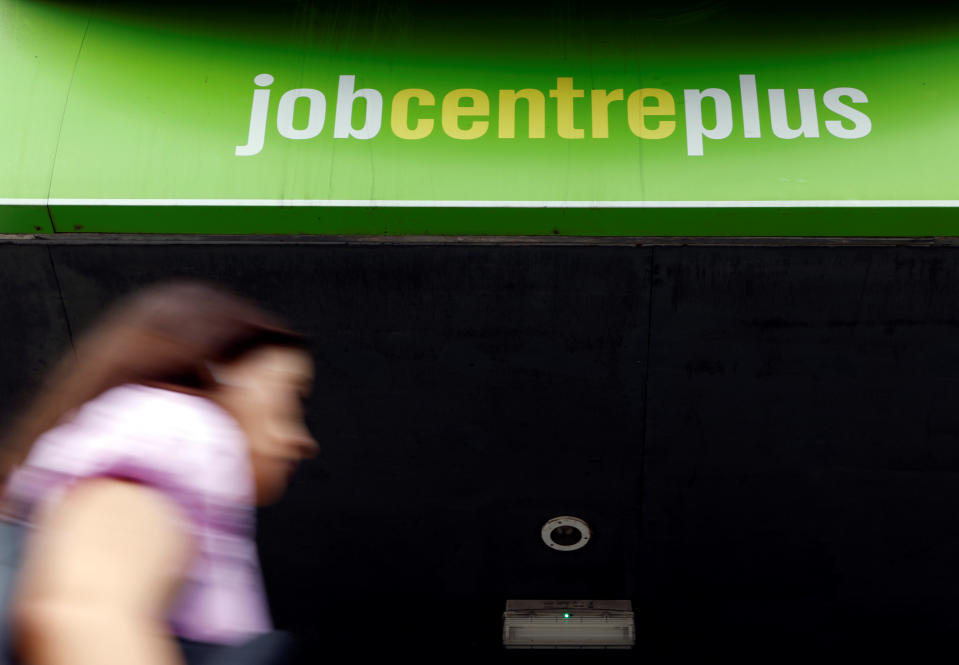UK MPs call for fair treatment of benefit fraud and error payments amid skyrocketing claims

Members of Parliament (MPs) have called on the Department for Work and Pensions (DWP) to tackle benefit fraud and error fairly, as numbers of claimants and incorrect payments hit a fever pitch over the last few months.
Warnings came from a Public Accounts Committee report released on Wednesday, advising the government against destabilising debt collection practices and potential discrimination, and bias in using artificial intelligence to tackle levels of benefit error and fraud.
Benefit fraud and error payments were an issue even before the COVID-19 crisis swept the country, with around £1 ($1.33) in every £10 of universal credit paid incorrectly.
The estimated overpayment rate, excluding state pension, now stands at 4.8% (£4.5bn) out of a total benefit expenditure of £93.1bn for 2019-20.
This is the DWP’s highest ever estimated overpayment rate and continues the record run of mis-payment that has seen the department’s accounts qualified every year since 1988-89, the report said.
READ MORE: Keir Starmer: COVID-19 shone 'harsh light on the failures of leadership'
The report says: “Claimants affected by DWP errors are often the least able in our society to repay debts, including those incurred in the benefit system, or to absorb significant changes in their income.”
Indeed, the number of people on universal credit rose from 2.9 million in February to 5.6 million in August, with a peak of over 100,000 new claims a day at the end of March.
Alongside this, the DWP does not currently have targets to work towards with regards to fraud and error, the report says.
Meg Hillier, Labour MP and chair of the Public Accounts Committee, said: “The DWP’s system of fixing its errors can penalise the least secure with yet more debt and even lower incomes. A benefits system that can act to further reduce the stability of recipients is unlikely to be able to offer value for money.
“DWP has now finally committed to a target for reducing its levels of error, and levels of fraud – it must ensure that the means it uses to get there do not further marginalise and discriminate against those who have little or no financial resilience to deal with the income changes these mistakes lead to.”
WATCH: What is universal basic income

 Yahoo Finance
Yahoo Finance 